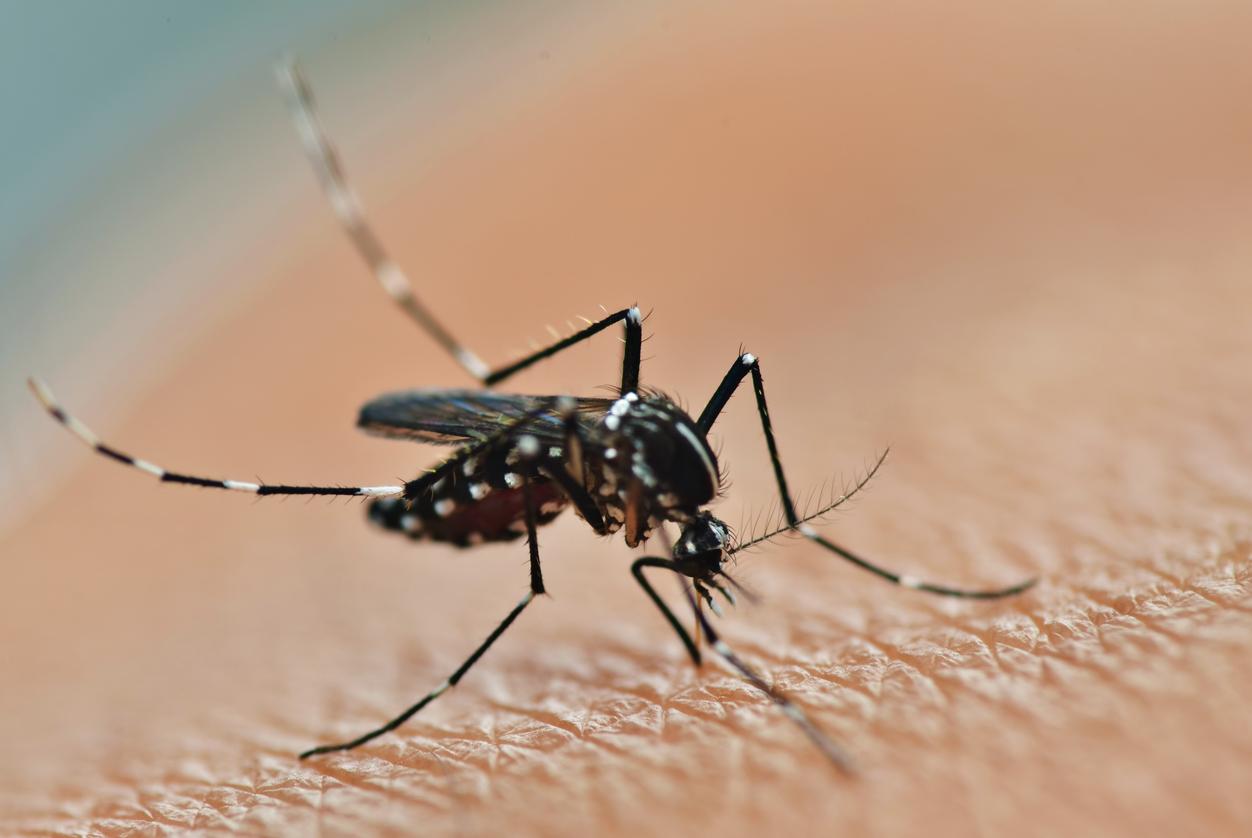Researchers have studied how stress can reduce our immune defenses and make us more vulnerable to surrounding viruses and microbes.

The link between stress and weakening of the immune defenses has already been established in several studies, but the process remains poorly understood. How can stress affect our immunity and make us more vulnerable? Sophie Ugolini, Inserm research director at the Marseille-Luminy Immunology Center, and her colleagues from the CNRS and Aix-Marseille University have just discovered the mechanisms of this biological reaction in our body. Their work has been published in the Journal of Experimental Medicine.
We know that in case of infection, stress is associated with a reduced efficiency of the immune defense system. To explain this, the researchers looked at receptors expressed on the surface of many body cells (including immune cells) and which are specific to the stress hormones, adrenaline and noradrenaline, which are called β2-adrenergic receptors.
Stress decreases the resistance of mice
They first “mimicked a situation of chronic stress in mice by administering for seven days a molecule which, like stress hormones, stimulates β2-adrenergic receptors”explains Inserm in a communicated. Then the researchers exposed the rodents to a virus from the herpes family, the cytomegalovirus MCMV.
They discovered that the mortality rate of the “stressed” mice was then found to be higher than that of the mice which had not received the “stress molecule” (90% against 50%). In short, the stress felt at the time of their exposure to the cytomegalovirus MCMV virus considerably weakened their immune defences.
Secondly, the researchers assessed the resistance of rodents to the virus in the absence of these receptors. “To do this, they exposed mice genetically modified to lack β2-adrenergic receptors to cytomegalovirus. In these animals, the stress hormones could no longer bind to β2 receptors and could therefore no longer act.”
They resisted the viral infection much better: we note 90% survival against only 50% for the control mice. “These initial results therefore suggest that the stimulation of β2-adrenergic receptors by stress hormones is responsible for the weakening of the immune system in situations of psychological stress”write the researchers.
Towards a new therapeutic path?
“We have experimentally confirmed that stress hormones that bind to β2-adrenergic receptors reduce the immune response and that this involves a decrease in the production of certain inflammatory cytokines, required for the elimination of viruses”says Sophie Ugolini.
According to the researcher, this work could lead to new therapeutic avenues for treating stress. “By targeting the β2-adrenergic receptor, it would indeed be possible, in certain pathological contexts, to lift the immune brakes caused by a state of stress..”
.

















